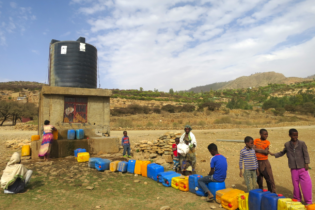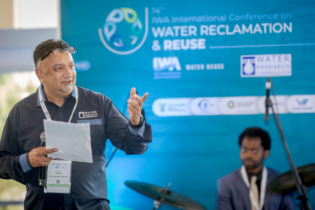The symposium and other similar initiatives are meant to look at the revision of the current department water quality management policies, which were implemented in 2015.
The department’s chief director of water policy Marie Brisley said they expect to publish the IWQM Policy and Mine Water Management Policy, which have been approved by Cabinet, for public consultation.
Water quality management challenges are being tackled, the department of water and sanitation said.
The department hosted the Integrated Water Quality Management (IWQM) symposium last week to create awareness about South Africa’s pressing water scarcity and its effects, as well as to share innovative experiences that can support the IWQM.
Under the theme ‘Taking Innovation into Practice’, the symposium aimed to ensure that government, in partnership with private sector and civil society, secures water that is usable by everyone.
The water department said the IWQM has trans-boundary imperatives as South Africa shares some of its water courses with neighbouring countries. The symposium was also a determining factor towards the “polluter pays principle”, with implications highlighted for all polluters.
Water quality is constantly affected by factors such as uncontrolled discharges from abandoned mines and mine dumps, as well as non-compliance with water use licence prescripts. The most predominant constituents of the negative impact include nutrients, salts, microbial contamination and urban runoff and litter.
The department said there is also a lack of coordination and aligned efforts in place to help reduce these negative impacts.








